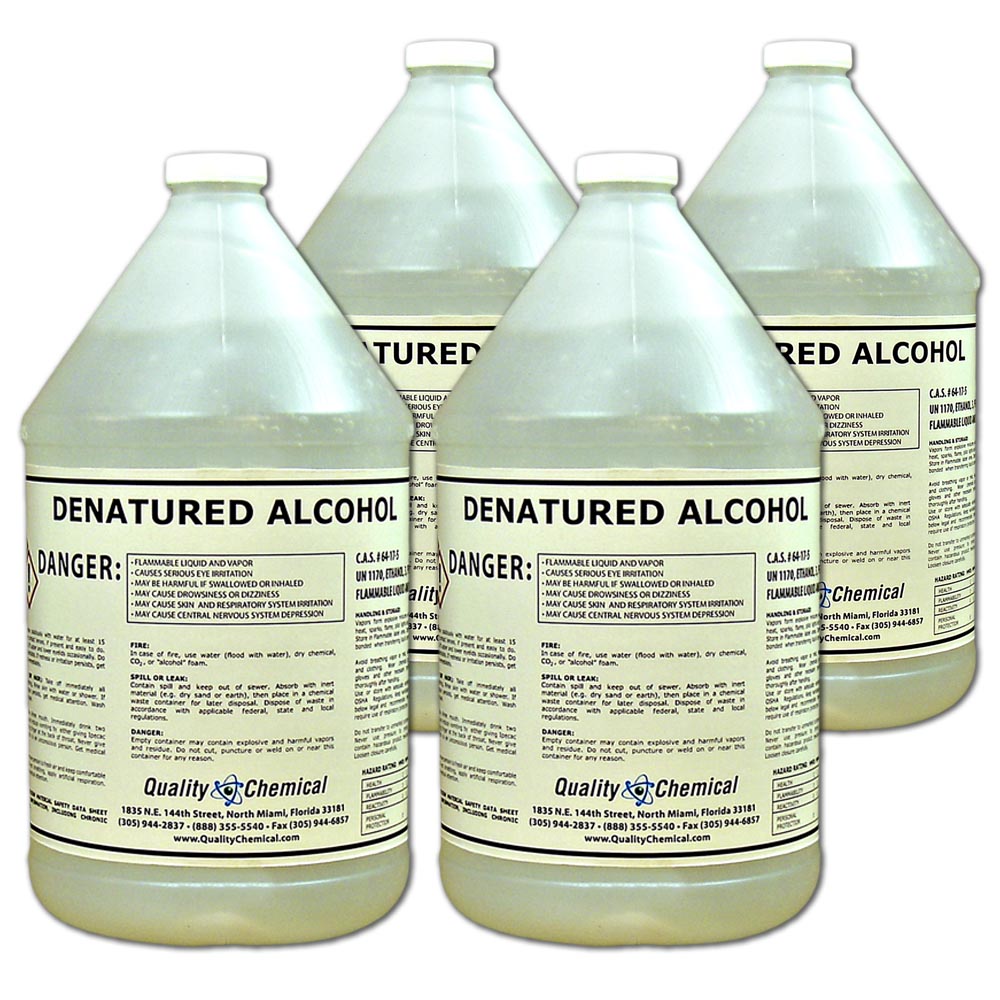Grain alcohol, also known as ethanol, is a colorless and flammable liquid that is produced by the fermentation of grains such as corn, barley, wheat, and rye. It is commonly used in the production of alcoholic beverages, as well as in the manufacturing of a wide range of products such as fuel, cosmetics, and pharmaceuticals.
Popular types of grain alcohol

Grain alcohol can be produced in different ways and can have varying levels of purity. Here are some of the types of grain alcohol:
- Neutral grain spirits (NGS): NGS is a high-proof alcohol that is distilled from grains such as corn, wheat, and rye. It has a neutral flavor and is commonly used in the production of spirits such as vodka, gin, and whiskey. NGS is typically 95% ABV (alcohol by volume) or higher, and is often further diluted before being used in the production of alcoholic beverages.

- Ethanol fuel: Ethanol fuel is a renewable fuel that is produced by fermenting and distilling grains such as corn, wheat, and barley. It is commonly used as a gasoline additive in order to increase octane levels and reduce carbon emissions. Ethanol fuel typically has an ABV of 95% or higher, but it is denatured with small amounts of other chemicals to make it unsuitable for human consumption.
- Denatured alcohol: Denatured alcohol is ethanol that has been mixed with other chemicals in order to make it unsuitable for drinking. This is done in order to avoid paying the high taxes that are levied on pure alcohol. Denatured alcohol is commonly used as a solvent, as well as in the production of personal care products, cleaning products, and fuel.

- Grain alcohol for medical use: Grain alcohol that is used for medical purposes is typically 95% ABV or higher, and is used as a disinfectant and antiseptic. It is also used as a solvent for extracting the active ingredients from medicinal plants.
- Industrial alcohol: Industrial alcohol is ethanol that is used in the manufacturing of a wide range of products such as cosmetics, pharmaceuticals, and solvents. It typically has an ABV of around 99%, and is often denatured with other chemicals to make it unsuitable for human consumption.

Differences between vodka, whiskey, and other spirits
Vodka, whiskey, and other spirits are all alcoholic beverages, but they have significant differences in their ingredients, production methods, and flavor profiles. Here are some of the key differences between these popular spirits:
- Vodka: Vodka is a clear, colorless spirit that is made by distilling fermented grains or potatoes. It is typically filtered through activated charcoal to remove impurities and produce a smooth, neutral flavor. Vodka is known for its versatility and is often used in cocktails such as Bloody Marys and martinis. It is usually consumed neat, on the rocks, or mixed with a variety of juices and mixers.
- Whiskey: Whiskey is a distilled spirit that is made from fermented grains such as barley, rye, or corn. It is aged in wooden barrels, which impart flavor and color to the spirit. Whiskey can be categorized into several subtypes, including bourbon, rye, scotch, and Irish whiskey. Each subtype has its own unique flavor profile and production process. Whiskey is typically consumed neat or on the rocks, but it can also be used in cocktails such as the Old Fashioned or Manhattan.
- Gin: Gin is a clear spirit that is flavored with botanicals such as juniper berries, coriander, and citrus peel. It is made by distilling fermented grains and then infusing them with botanicals during a second distillation. Gin is known for its distinctive flavor profile and is often used in cocktails such as the Martini and the Negroni.
- Rum: Rum is a distilled spirit that is made from fermented molasses or sugarcane juice. It is aged in wooden barrels and can have a range of flavor profiles depending on the type of rum and the aging process. Rum is often associated with tropical cocktails such as the Mojito and the Piña Colada.
- Tequila: Tequila is a distilled spirit that is made from the blue agave plant, which is primarily grown in Mexico. It can be classified into several subtypes, including blanco (unaged), reposado (aged for up to a year), and añejo (aged for over a year). Tequila is known for its distinctive flavor profile and is often consumed in shots or in cocktails such as the Margarita.
In conclusion, vodka, whiskey, and other spirits have their own unique characteristics that make them distinct from one another. From their ingredients to their production methods and flavor profiles, these spirits offer a wide range of options for drinkers to choose from.
Grains used in the production of grain alcohol
Grain alcohol, also known as ethanol, is an alcohol that is produced by fermenting and distilling grains such as corn, wheat, barley, and rye. Here is a closer look at each of these grains and how they are used in the production of grain alcohol:
- Corn: Corn is a popular grain that is used in the production of grain alcohol due to its high starch content. Corn-based grain alcohol is commonly used in the production of vodka, gin, and other spirits.
- Wheat: Wheat is another popular grain that is commonly used in the production of grain alcohol. It is known for its soft texture and high gluten content, which makes it ideal for producing a smooth, clean-tasting alcohol.
- Barley: Barley is a cereal grain that is commonly used in the production of beer, but it is also used in the production of grain alcohol. Barley-based grain alcohol is often used in the production of scotch and other whiskeys.
- Rye: Rye is a cereal grain that is similar to wheat and is commonly used in the production of rye whiskey. Rye-based grain alcohol has a distinctive flavor profile that is often described as spicy or peppery.
- Other grains: In addition to corn, wheat, barley, and rye, other grains such as sorghum, millet, and quinoa can also be used in the production of grain alcohol. However, these grains are less commonly used and are often used in specialty or artisanal products.
Conclusion
In conclusion, there are various types of grain alcohol that are produced for different purposes. Whether it is for the production of alcoholic beverages, fuel, or industrial products, grain alcohol is a versatile and important ingredient that is used in many different industries.